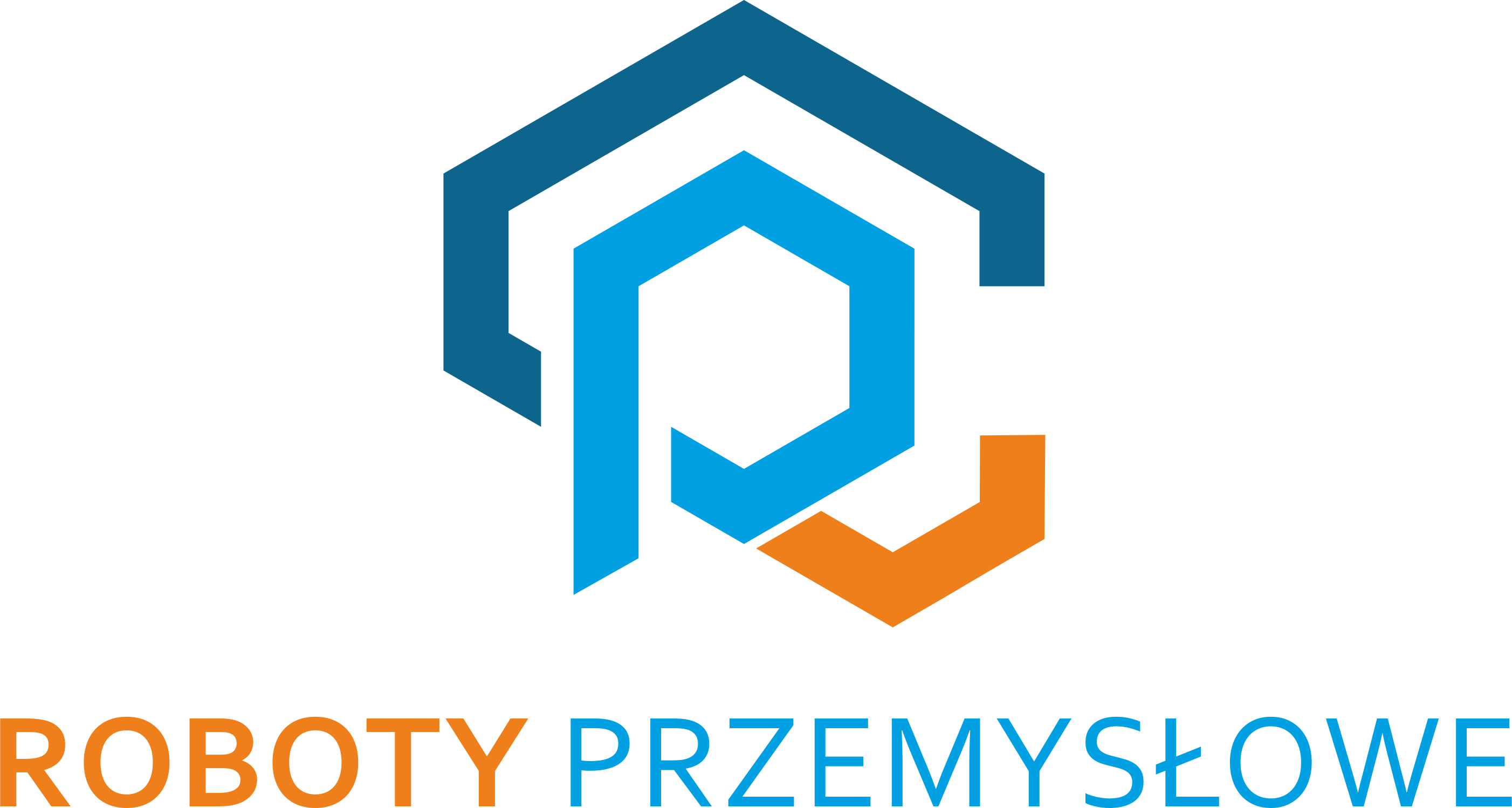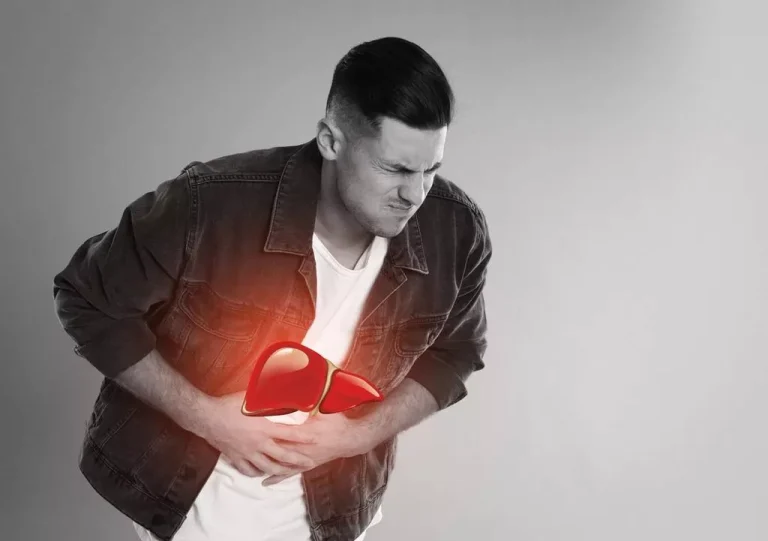
The psychological symptoms are serious enough to classify alcohol addiction as a mental illness. Personality disorders are mental health conditions involving pervasive and often destructive personality traits. By implementing these self-care strategies, you can navigate the complexities of dealing with a narcissistic alcoholic while safeguarding your own emotional and mental health. Remember, your well-being is paramount in any relationship dynamic.
A common and often overlooked reason for substance abuse relapse is an underlying undiagnosed mental health condition.
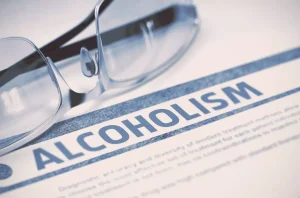
They may hold back and may never show their entire nasty self to anyone and would hesitate to do so. So at a party, they are the ones grabbing attention by acting drunk. They believe that how does alcohol affect a narcissist everyone around them is enjoying their tantrums and narcissistic behavior and provides them with sympathy and thus they indulge themselves more in drinking. After all, this behavior seems to fit the bill for both conditions.
What enabling behaviors should I avoid when interacting with a narcissistic alcoholic?
- They may never fully understand how they may impact others and how their behavior can cost other people their happiness and peace of mind.
- If you have NPD and AUD, finding support can be challenging because they are two separate disorders with two separate treatment approaches.
- While diagnosis and treatment can be challenging, studies have shown that the successful treatment of a mental illness can lead to alcohol recovery in two out of every three cases.
Our approach centers on treating people with the same kindness and respect that we value for ourselves. We understand mental health challenges firsthand and support your pursuit of well-being with compassion. Whether it’s connecting you with the right therapist or supporting you through difficult times, we embrace you as part of our community. Just as narcissism doesn’t necessarily cause alcohol use disorder, alcoholism doesn’t necessarily cause NPD. The two conditions may co-occur, but it is often difficult to determine which disorder occurred first.
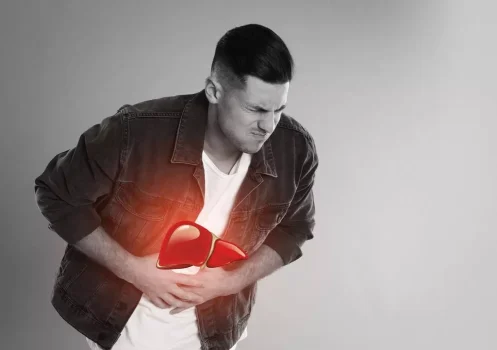
Narcissism vs. narcissistic personality disorder
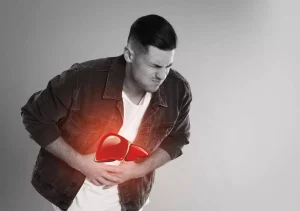
NPD and AUD frequently co-exist and can increase the effects of each other. People with a pattern of narcissism often turn to alcohol to reinforce a false sense of https://ecosoberhouse.com/ grandiosity. People with alcohol use disorder, also known as alcoholism, can display patterns of narcissism, including self-absorption and an underlying craving for admiration.
They may exaggerate their achievements and talents, expecting constant praise and admiration. If the Substance abuse clinician or patient misses the underlying NPD diagnosis, the person will continue to relapse. PTSD is a psychiatric disorder that affects people who have witnessed or experienced traumatic events. Depression causes a person to have a consistently negative outlook and affects a person’s thoughts and actions. Alcohol is sometimes used as a quick fix but can actually make symptoms worse.
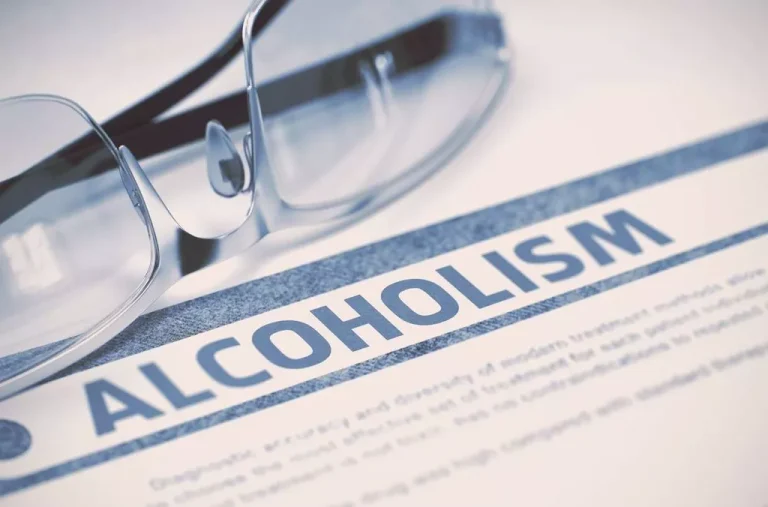
If you’ve ever wondered if your loved one’s issues involve only their drinking problem or may in fact involve narcissism as well, consider the following symptoms. This means that they don’t like to seriously think about their behaviors. They avoid reflecting on their insecurities and lack of self-esteem by drinking. Thus narcissists may probably be affected by excessive drinking and thus become alcoholics.
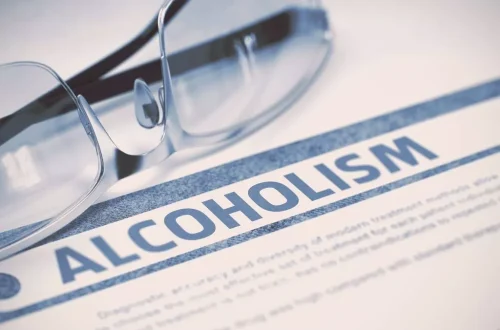
Family Involvement
- These studies compare people with a gene variant that makes it unpleasant to drink to people without the gene variant.
- These activities provide an outlet for emotions and promote mental well-being.
- Alcohol detox helps clients learn essential social skills and other tools to manage the symptoms of NPD.
- Aggressive behavior and pathological narcissism were linked to alcohol overuse in a 2017 study of Canadian men.
You could start by engaging with a mental healthcare provider or treatment center that specializes in dual diagnoses. Treatment centers can also ensure that you can access the right support systems at the right time in your treatment. Exhibiting narcissistic behaviors when drunk, for example, doesn’t inherently mean that a person has NPD. Alcohol can influence narcissistic behaviors, such as arrogance, self-importance, and feelings of superiority that aren’t otherwise present when sober. Making a dual diagnosis of NPD and AUD can be challenging and something that only a qualified mental health professional can make.



